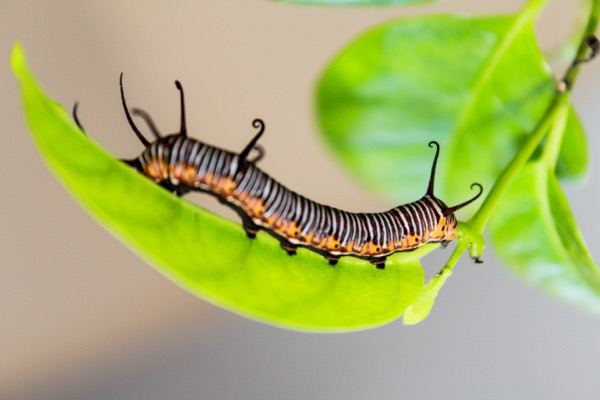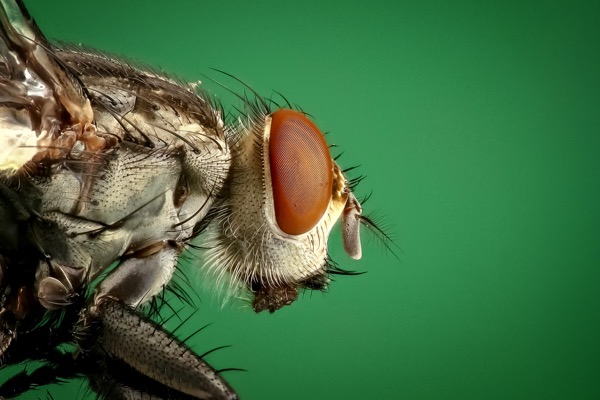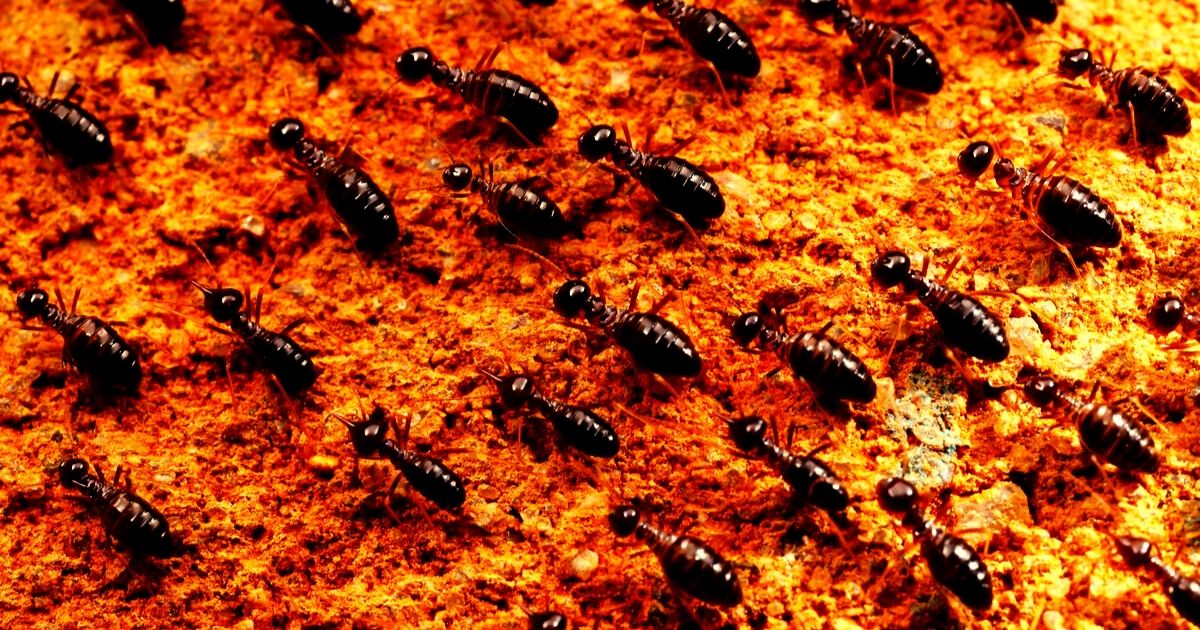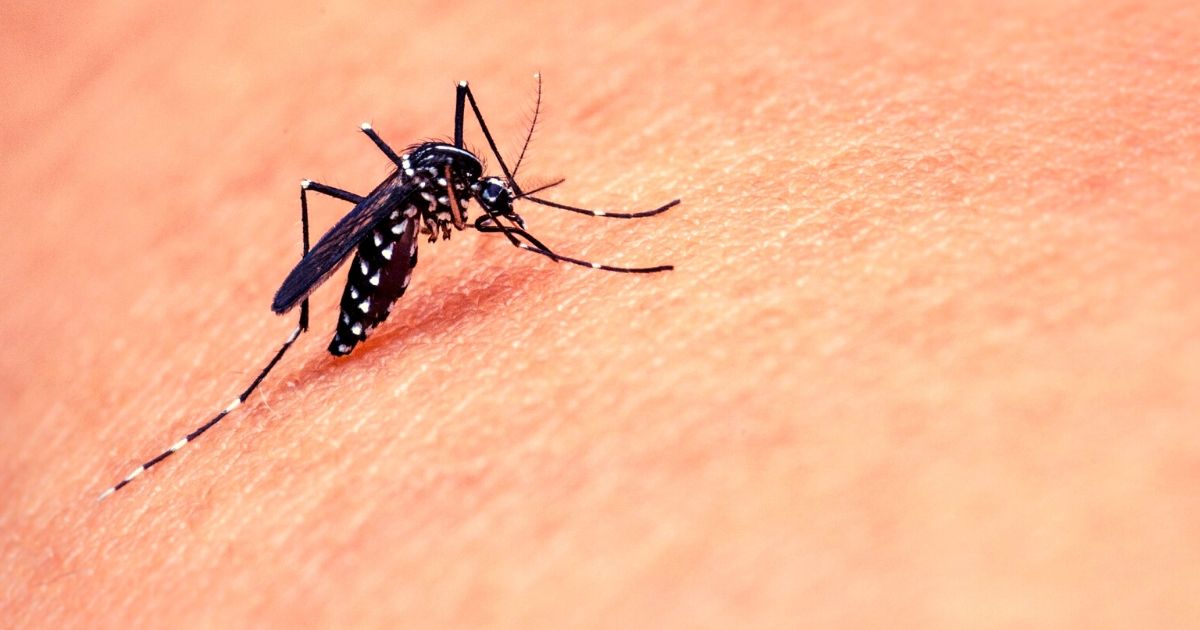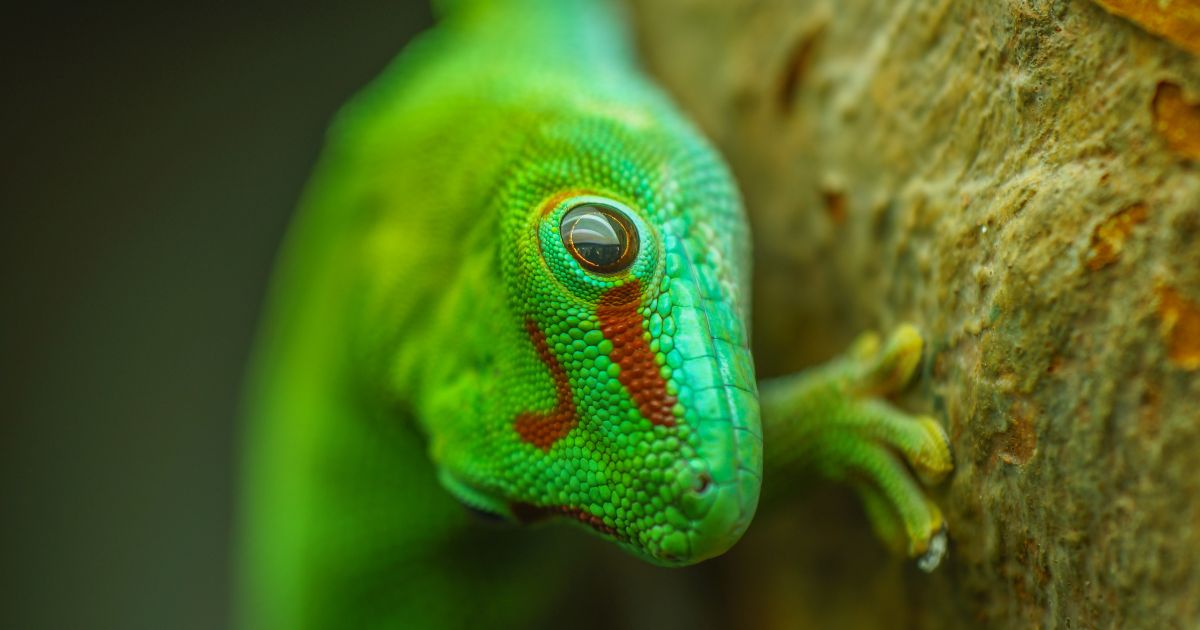What is Entomophobia?
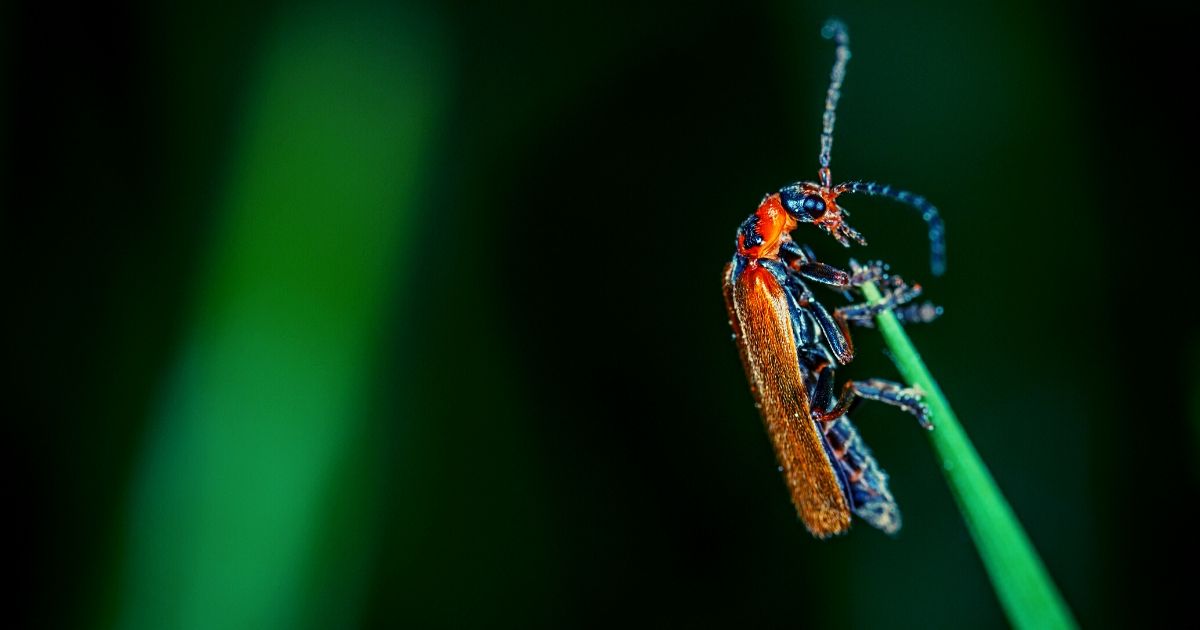
In our previous Interview with Leading Entomologist Dr How, Dr How gave us an introduction to the term ‘entomology’. To recap, entomology is the study of insects, though some people use it to colloquially refer to bugs of all kinds, including spiders. People who study insects are called entomologists. The word is based on Greek, where “entomon” means “insect” and “logia” means “the study of.”
It is an interesting field that often intersects with other academic disciplines, including genetics, physiology, biology, and chemistry.
At present, there are more than 1.3 million species of insect in the world, which make up 2/3 of the planet’s entire population. Thanks to entomologists, humans understand many things about a type of creature which outnumbers them by a factor of several hundred.
Table of Contents
What is Entomophobia?
While entomologists enjoy studying insects, many other people are repulsed by them. Worse still, there are some people in the world who suffer from entomophobia, or the intense fear of insects.
People with entomophobia have:
- An irrational fear of insects and will often take great pains to avoid them.
- Many sufferers will experience horrific anxiety and terror simply from seeing an insect or thinking about one.
- It can also be subdivided into additional phobias like myrmecophobia (the fear of ants) and apiphobia (the fear of bees).
It is important to distinguish entomophobia from a general fear of bugs.
Many people with entomophobia know that insects pose no real threat to them, but they still experience a persistent sense of anxiety around them.
There have been many cases of a sufferer thinking about an imaginary insect and being thrown into a panic attack. Often, sufferers will go out of their way to avoid encountering an insect: some will completely change their route to work if they see an ant, or will refuse to go outside at all.
Ultimately, the main characteristic of entomophobia is that the fear must be constant, irrational, and debilitating for the sufferer.
What Causes Entomophobia?
There are several possible causes of entomophobia. One of the most commonly heard causes is people’s past experiences with insects. Let’s say you encountered a cockroach or a rodent years ago, and it freaked you out. This may leave a deep imprint in your mind. Some may even call it a traumatizing experience.
Another cause could be a direct health threat from insects. An allergic reaction to a bee sting can cause entomophobia.
People around us have a big influence on how we think and look at the world. If any of your close relatives suffer from anxiety or phobia, it can increase your risk of entomophobia. Another way is when you hear friends or family talking about their fear of insects.
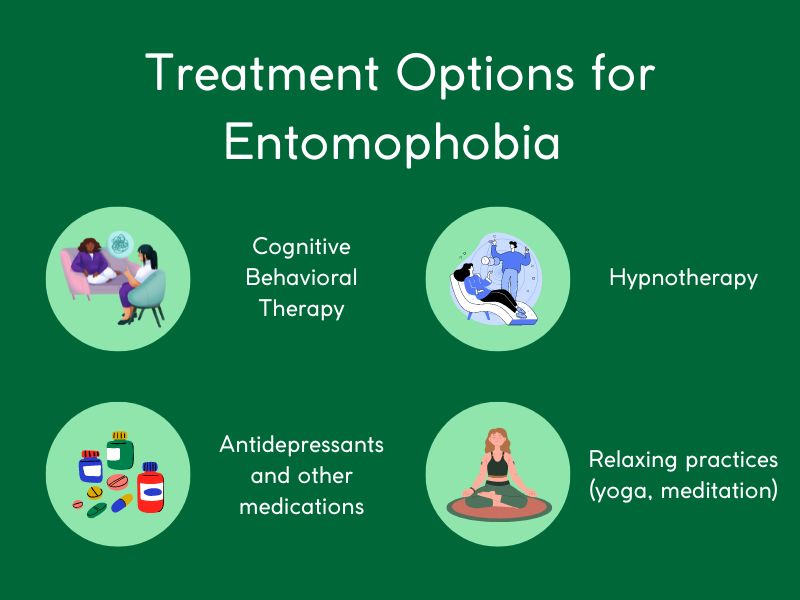
How is Entomophobia Treated?
Thankfully, modern medicine and psychology have developed coping strategies for people who have entomophobia. One of the most common methods is systematic desensitization, where somebody slowly exposes themselves to their fear.
Some examples would be a person who looks at a photo of an insect one week. Next week, they work up the courage to touch the picture. A week later, they visit a zoo and watch the insect move around. Possibly the week after that, they could touch the insect and see it means them no harm.
Pro Tip: It is recommended that a person receive help from a therapist so they do not try to do too much DIY methods at once.
Another, less common, method that can be used is hypnosis. During hypnosis, a person is placed into a trancelike state by a trained professional. The hypnotist then talks to the patient to determine the source of their fear, and can begin to help them cope.
Often a hypnotist will start small by suggesting to their patient that they do not have a reason to be afraid of insects. They can then implant the thought that when the patient awakens, they will no longer have entomophobia. They will face their fears head on and will no longer be afraid. For this method to work, a person needs to believe in hypnosis, and it often takes many sessions.
Either way, patients can use both methods to help them overcome entomophobia, a real condition which can cause unnecessary strain on its sufferers.
The Cleveland Clinic mentions several techniques that may help treat and overcome entomophobia, including:
- Cognitive Behavioral Therapy (CBT)
- Hypnotherapy
- Antidepressants and other medications
- Relaxing practices such as yoga and meditation
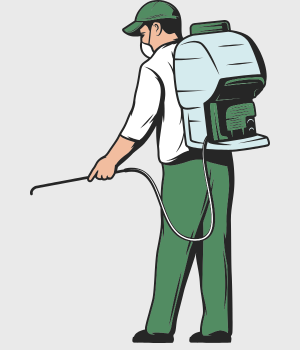
Pest Problem? Let Us Help.
We offer fast and effective precision treatments to eliminate pests while ensuring a safe environment for your home or business.
Frequently Asked Questions
Yes, entomophobia and insectophobia both mean the fear of insects. People with this phobia feel anxious when they see or think about insects.
Entomophobia is considered a relatively common fear around the world. For example, it is estimated that around 6% of adults and 10% of children in the US struggle with entomophobia.
If you feel anxious or experience physical symptoms like itching and crawling sensation under your skin when thinking about insects, and/or you avoid getting in contact with insects, you might have entomophobia.
Entomophobia can significantly impair a person’s quality of life. Common complications associated with entomophobia include anxiety and panic attacks, avoidance behaviors that can also lead to social isolation, secondary phobias, such as agoraphobia (fear of open spaces) or acrophobia (fear of heights), sleep disturbances, and even physical health issues.

